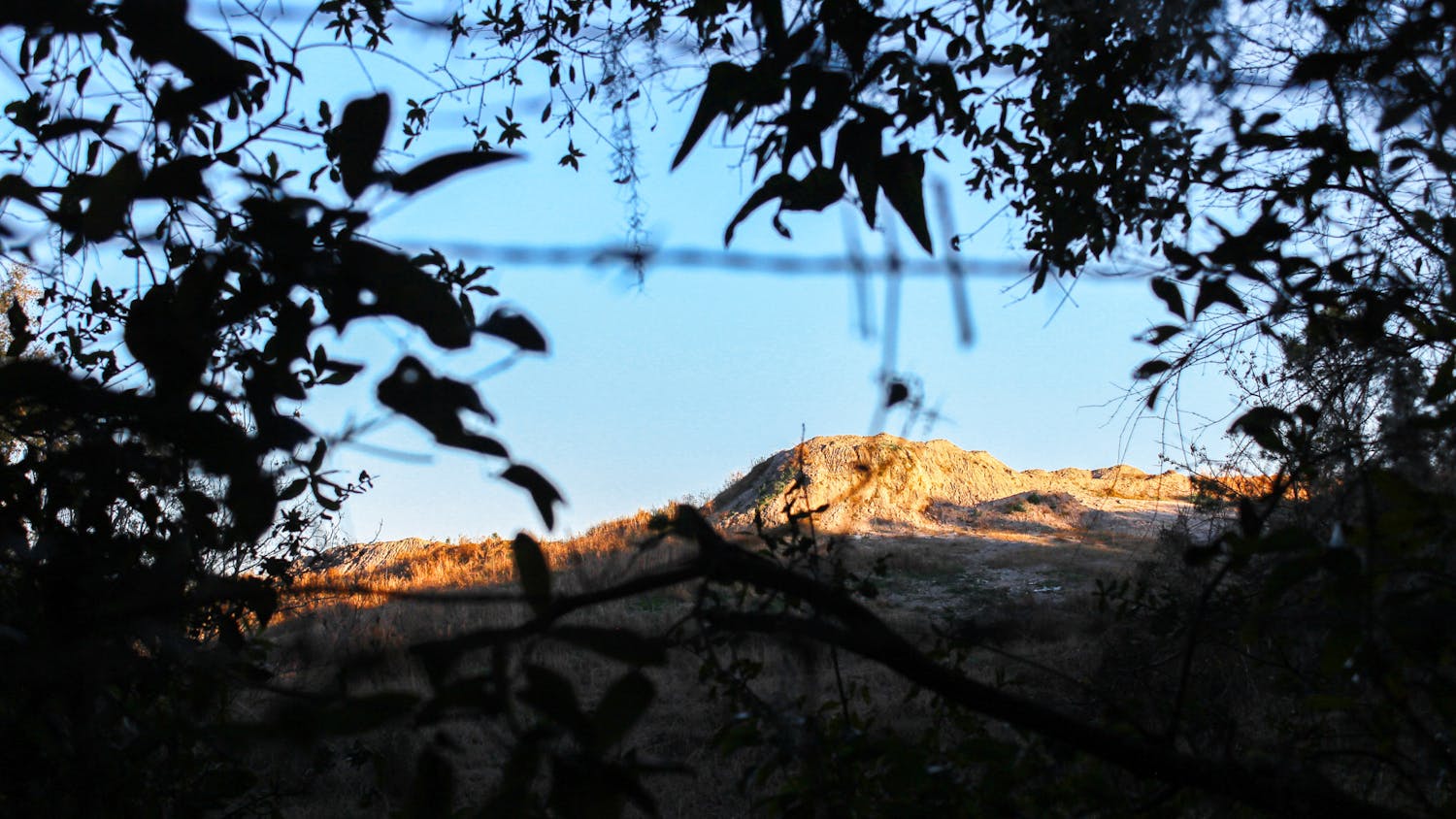
Bars may soon have to pick up the tab for customers without masks.
The Alachua County Commission discussed potential changes to its COVID-19 emergency order at a Tuesday meeting that would boost resident compliance with its face mask requirement. County Commissioner Robert Hutchinson suggested fining owners who don’t enforce mask wearing and social distancing inside their business.
The commission didn’t reach any decisions about enforcement during the meeting.
Most of the discussion was centered around Gov. Ron DeSantis’ Phase 3 reopening plan, which prohibits local jurisdictions from fining residents for violating mask orders. Alachua County’s emergency order initially approved a $125 fine for residents who violated its mask requirement, said county attorney Sylvia Torres. The enforcement is no longer allowed because of DeSantis’ decision.
While DeSantis’ order says fines can’t be collected against residents, there isn’t a similar provision against businesses, Torres added.
Fining businesses may combat the spread of COVID-19 in bars, Hutchinson said.
During UF’s football game Saturday, UF students filled bars in Midtown and downtown Gainesville, like DownTown Fats and White Buffalo. Most COVID-19 cases in the county are occurring among college-aged students, said Paul Myers, an administrator at the county health department.
“The vast majority of restaurants and bars are doing a good job,” Hutchinson said. “There’s a few doing everything they can to become super spreading venues.”
Even without a decision, Hutchinson has the power to amend the emergency order without a vote from the rest of the commission. However, he said he will wait until Alachua County, Gainesville and UF officials discuss a plan before moving forward.
The Alachua County Commission also voted 3-2 to deny a special exception that would have permitted the construction of a 650-acre solar array at a plot zoned for agriculture in Archer.
The solar array, which would have been located at the corner of Southwest 170th Street and Southwest 95th Avenue, would have produced 74.9 megawatts of electricity and provided power to 23,000 homes, according to the project application. The decision stemmed from residents’ concern about the development’s impact on a historically Black community across the lot.
African American families have lived there since before the Civil War, when they were brought as slaves to work on Cottonwood Plantation, said Gerie Crawford, chairperson of the Saint Peter/ Saint Paul Community Council, an organization formed by the families living around the lot. She said her family has owned property near the lot for more than 100 years.
About 65.5% of residents around the plot are Black, she added. Community members were concerned that the site could devalue property values.
“It will affect us, pretty much permanently, for generations to come,” Crawford said.
Connie Lee, a community resident, said she was concerned that pesticide treatment to suppress vegetation growth would go into the aquifers with rain and infect the local drinking water supply.
“I’m concerned about my neighborhood becoming another Flint, Michigan,” Lee said.
The Alachua County NAACP and the City of Archer sent letters to the commission against the solar array development. More than 220 community members also signed a petition against the project, Crawford said.
County Commissioner Mike Byerly, who supported the development, said he believes the county should build as many renewable energy plants as possible over the next few years to fight climate change.
County Commissioner Ken Cornell, who voted against the development, said he didn’t support large energy developments near a residential community.
“A power plant does not belong in a residential community,” Cornell said. “I think it is the right project in the wrong place.”





